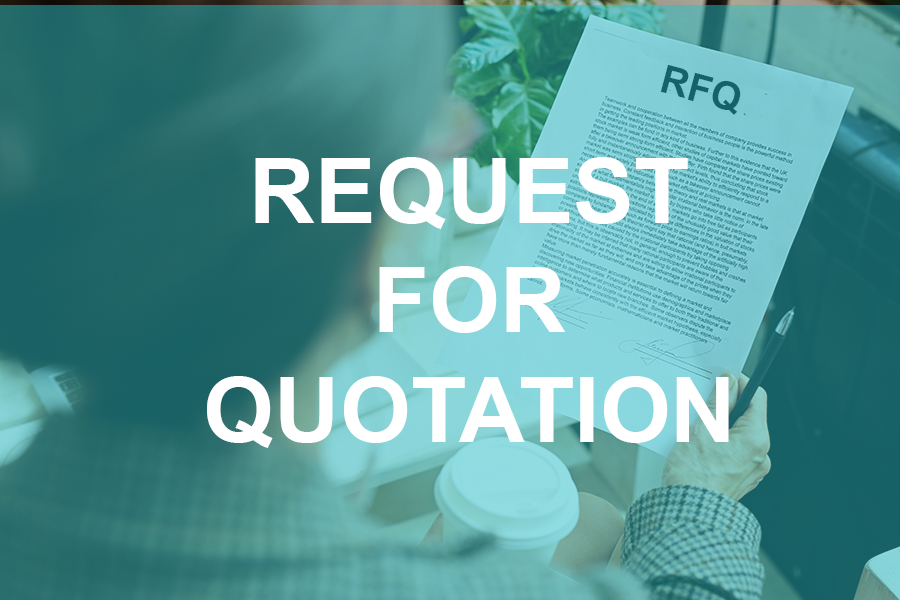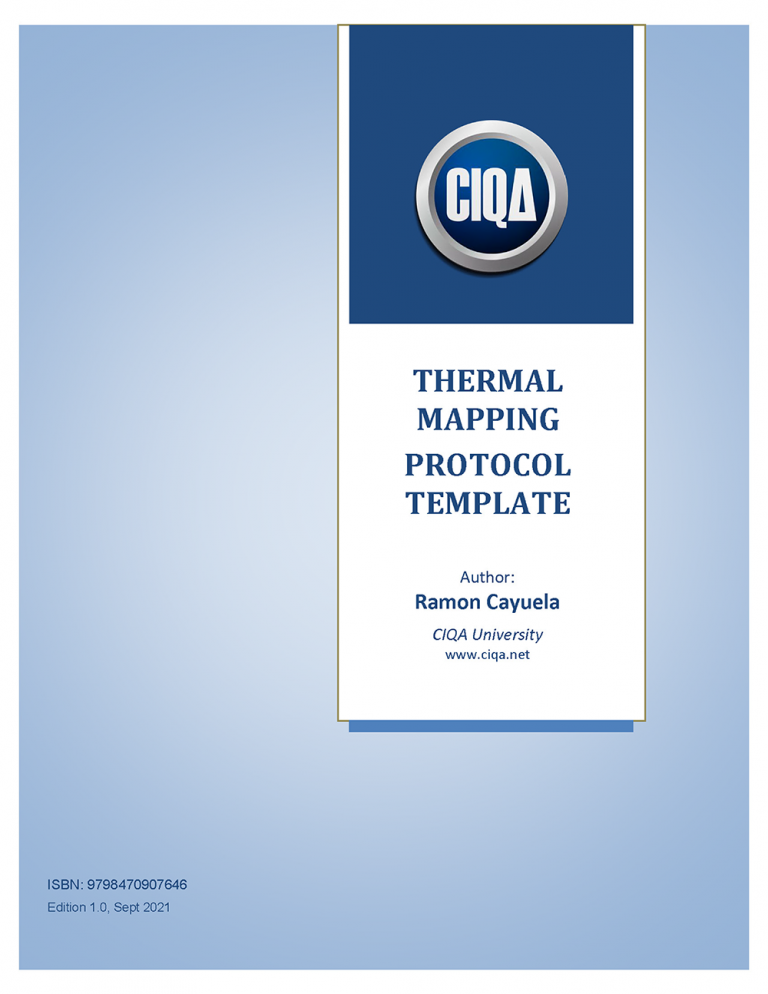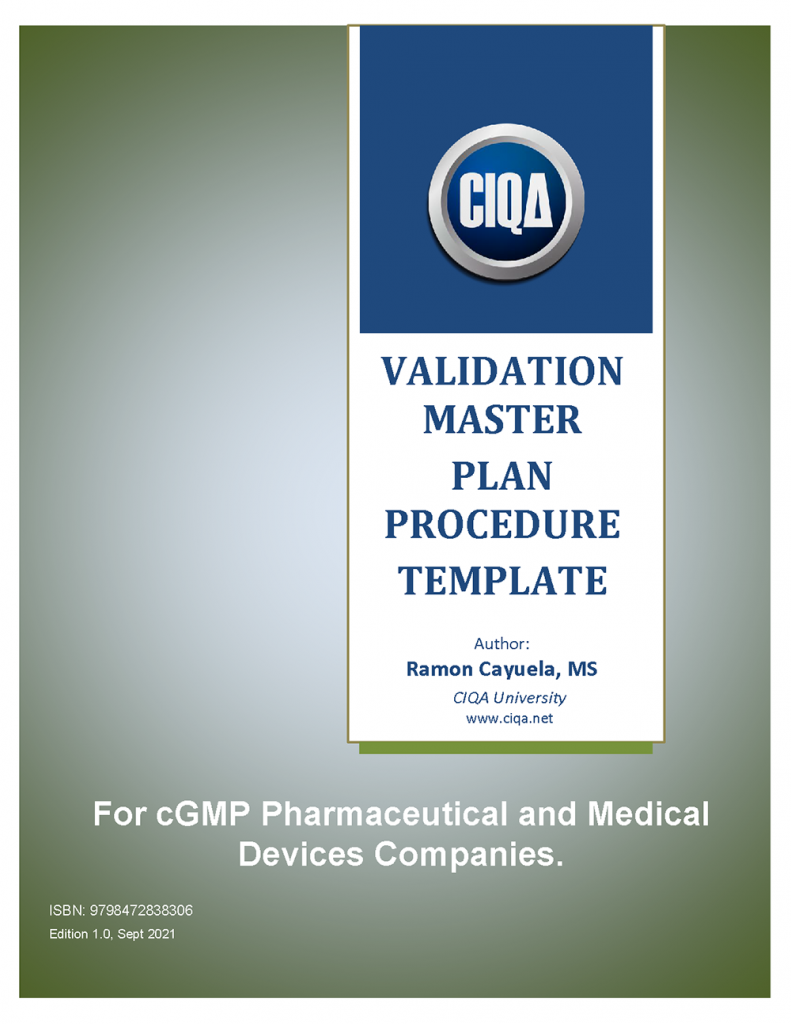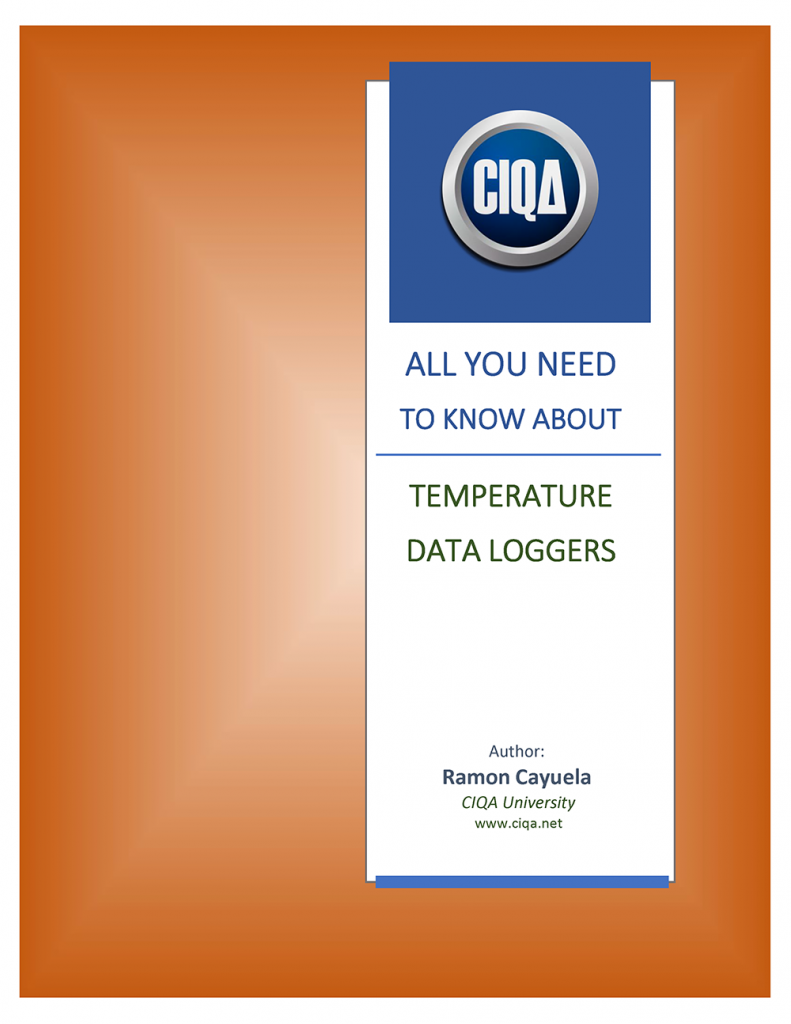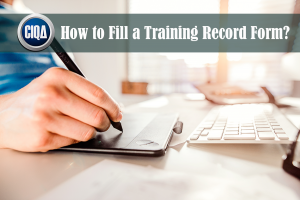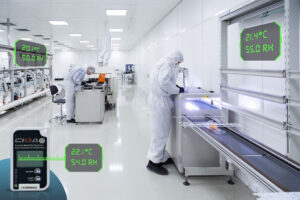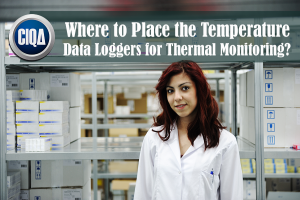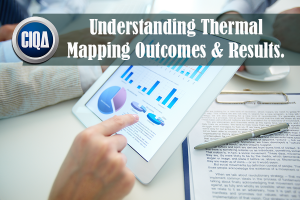
Characteristics of the Temperature Data Loggers for Thermal Mappings.
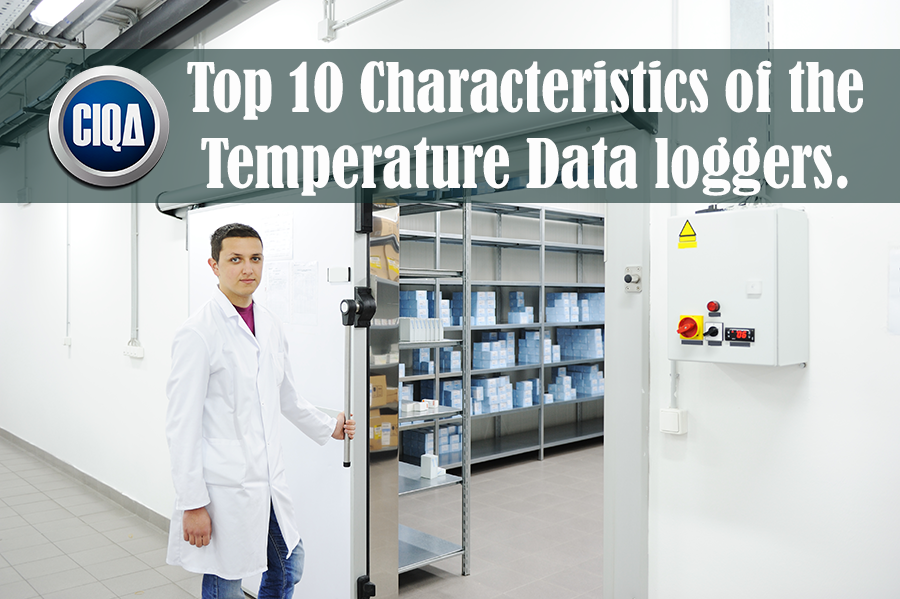
In this article, you will learn the main characteristics of the Temperature Data Loggers used during validation for environmental monitoring, thermal mapping, and other validation purposes in Puerto Rico. Also, you can discover how to get a Thermal Mapping Validation Template and Validation Management Software Application to handle your qualification activities fast and easily. |
The Top 10 Characteristics of the Temperature Data loggers.
Sometimes many aspects and requirements are not considered when they buy data loggers.
MOST TEMPERATURE DATA LOGGERS CAN BE DEFINED AND COMPARED BASED ON SEVERAL CHARACTERISTICS.
The following characteristics and attributes can make a remarkable difference in their price. The selection of a temperature data logger will depend on the purpose and the intended use. Some of these basic characteristics are:
1. Accuracy. The accuracy of the data logger is one of the most critical factors which shall determine its cost since the more accurate is a temperature data logger, the more expensive it is.
2. Range of Operation. Each kind of data logger is designed for a specific purpose and range of operation. Not all kinds of data loggers are capable read the same range of temperature and relative humidity. Some of them are designed to read measurements at ambient conditions of temperature and relative humidity (e.g. 25C plus or minus 20C). Meanwhile, other temperature data loggers are designed for extremely high-temperature conditions as 200 C, and others for extremely low-temperature conditions as -30C.
3. Enclosure and Resistance Conditions: The data logger enclosure shall determine how well the device can resists shocks, heat, moisture, and rough handling conditions either in-door or out-door. Some enclosures may be water-proof, explosion-proof, etc. As you may expect, waterproof and explosion-proof data loggers shall be more expensive than those for indoor use only.
4. Sample Rate and Recoding Time: Temperature data loggers can read and take measurements of temperature at different sample rates or data collection frequencies. A typical sample rate to collect temperature readings may be from 1 minute to 10 minutes. Data loggers with very low sample rates (e.g. 1-second sample rates or less) are more expensive.
5. Input Types: Temperature data loggers can have one or more input types. E.g. voltage, pressure, % relative humidity, etc. Data loggers which take temperature readings only are less expensive. Typically, temperature data loggers that can take also measurement readings of % relative humidity are more expensive than those for temperature only.
6. Data Storage: Not all data loggers have the same storage capacity. It is the amount of measured data it can save internally in its memory. As you may expect, temperature data loggers with high data storage capacity are more expensive.
7. User Interface: Each manufacturer of data loggers determines and provides their own user interface to connect with their device and download the collected temperature readings. Typically, they provide proprietary software with its drivers which connect and make an easy interface with the data loggers either for initial set up to start collecting temperature readings and retrieving the measurements taken. Some of them have a USB connection, meanwhile, others may use Bluetooth or a docking station.
8. Local Monitoring. Some kind of temperature data loggers have an LCD display to show the real-time values measured and collected, so you can see the actual conditions of temperature and relative humidity without the wait to download the information later. Other models do not have any LCD display for real-time temperature, since they are designed to save energy and maximize their battery capacity. Saving a battery can increase the amount of time it can be recording data in the memory. Temperature data loggers with LCD displays are more expensive.
9. Power System. Some temperature data loggers have replaceable standard batteries commonly found in many places. Meanwhile, other data loggers may use internal batteries which cannot be replaced, making the data logger a disposable device once the battery is empty. Naturally, data loggers with replaceable batteries are more expensive than disposable data loggers.
10. Cost: The total cost of each data logger is divided into four (4) parts:
a) Volume cost. The cost of buying each data logger originally. Buying big amounts of data loggers at the same time can bring you substantial savings than buying small amounts.
b) Calibration cost. The additional cost related to the data logger calibration is typically a recurrent expense every year. In most cases, the cost of calibration overpasses the cost of buying initially the data logger itself. Normally, the calibration cost is not included by the supplier in the price of the data logger when you place the order or buy it.
c) Shipping cost. This cost considers not only the initial shipping cost when you buy the data logger, but also when you send it for calibration every year.
d) Maintenance cost. This cost includes cleaning the data loggers, replacing batteries, its verification, configuration setup, etc.
Recommendations to Avoid Mistakes Selecting Temperature Data Loggers.
We suggest evaluating all your requirements and needs to use temperature data loggers, but, also consider the frequency of use monthly, and how fast you need them on-site for your validation study.
So, you can determine if is better to buy or rent them based on the expertise and time availability of your employees to configure and prepare the trending graphs and summary statistical reports on time.
Before buy, consider the cost of the data loggers, but, also the cost of the calibration and its lead time.
Evaluate and compare the total costs and lead times, against the costs to rent data loggers already calibrated.
If you are NOT using temperature data loggers frequently, consider a fast CIQA rental of the calibrated data loggers required for the thermal study. Thermal Mapping Outcomes
VALIDATION PROTOCOL TEMPLATES
GET THERMAL MAPPING AND VALIDATION PROTOCOL TEMPLATESIn case you need to create or update your thermal mapping protocol, you can use our template protocol to accelerate the process to perform the validation study and monitoring. |
Now you can download a complete validation protocol template fully editable in MS Word or get a hard-copy and Amazon Kindle format, ready to fill, and use according to your cGMP needs, check the following documents and see more information at the CIQA Shop.
TEMPERATURE AND % RELATIVE HUMIDITY DATA LOGGERS RENTAL
DATA LOGGERS SETUP AND CONFIGURATION SERVICES:
One of our data logger experts can set up, configure and bring to you the data loggers ready to use and be installed to collect information from your thermal mapping study. At the end of your monitoring, you can send the data loggers back to us for data extraction, evaluation, and perform the statistical analysis and plotting with averages, maximums, and minimums.
Contact us to get more information about services to make the initial setup, configuration, and statistical summary reports with trending graphs.
cGMP VALIDATION & REGULATORY COMPLIANCE CONSULTING
STAFFING AGENCY
FOR MORE INFORMATION ABOUT STAFFING AGENCY SERVICES TO PERFORM YOUR VALIDATIONS AND IMPLEMENT YOUR SOFTWARE APPLICATIONS.
VALIDATION MANAGEMENT SOFTWARE APPLICATION
Moreover, you can get a free Validation Management Software Application to handle all your qualification and validation protocols and report documents from anywhere at any time. Subscribe to learn more about our free validation management software application. |
MORE SERIES AND VIDEOS ABOUT TEMPERATURE DATA LOGGERS
TO RECEIVE NEWS AND USEFUL TOOLS ABOUT THE DIFFERENCES BETWEEN TEMPERATURE DATA LOGGERS, SUBSCRIBE, AND FOLLOW US.
CIQA is a quality and regulatory consultant with 25 years of experience developing products and managing projects in the medical device supply chain, and pharmaceutical industries. Rest assured of the safety or being in the right hands.
IF YOU HAVE ANY QUESTIONS ABOUT HOW TO MAKE A THERMAL MAPPING, FEEL FREE TO CONTACT US EITHER BY EMAIL OR PHONE: 787-487-9235. (Hablamos Español)
REFERENCES
g
- What is a Temperature Data Logger?
- The 12 Most Common Applications for Temperature Data Loggers.
- The Top 6 Advantages Using Temperature Data Loggers
- The 5 Most Common Types of Temperature Data Loggers
- The Top 10 Main Characteristics of the Temperature Data loggers
- The 4 Main Attributes of Temperature Data loggers.
- Costs of the Temperature Data Loggers for Validation Purposes
- The 4 Best Features of the Temperature Data Loggers
- The Top 3 Pros and Cons of Temperature Dataloggers
- The 5 Most Common Uses of the Temperature Data loggers
- How to Determine the Data Loggers Record Duration?
- How to Download the Information out of the Temperature Data Logger
- How to Determine the Number of Temperature Data Loggers Do I Need?
- How Data loggers can handle their memory.
- The Top 6 Reasons Why People Rent Temperature Data Loggers.
- 3 Reasons Why are Temperature Data Loggers Useful.
- How to Configure a temperature Data logger in 5 steps
- The 5 Most Common Mistakes When Buying Data Loggers
- How to Choose the Best Temperature Data Loggers for your Validation.
- 6 Main Differences between Data Loggers.
- What is a Thermal Mapping Distribution Study?
- How to Make a Thermal Mapping in Four Steps
- What 5 Tests Should Be Performed During Temperature Mapping?
- Understanding the 5 Most Relevant Thermal Mapping Outcomes
- The Best Locations to Place Temperature Data loggers for thermal mappings.
Samples Documents
Ecommerce
https://ciqa.net/validation-protocol-templates/
https://ciqa.net/thermal-mapping-protocol-template/
https://ciqa.net/product/validation-management-software-application/
https://ciqa.net/product/temperature-data-loggers-rental-puerto-rico/
https://ciqa.net/product/thermal-mapping-protocol-template/
Amazon
httpss://www.amazon.com/dp/B09FNGP1ZF
httpss://www.amazon.com/dp/B09FNJY2QZ
httpss://www.amazon.com/dp/B09FKR1BPL
httpss://www.amazon.com/dp/B09FC3S361
httpss://www.amazon.com/dp/B09FHG77R9
httpss://www.amazon.com/dp/B09FC9ZB6D
Youtube
httpss://youtu.be/t60zspzgenw – Ep1 -old
httpss://youtu.be/Y40247ctXw0 – Ep1
httpss://youtu.be/H58OKuwg6Cc – Ep27 software
httpss://youtu.be/YxrzxgN0R5o – Ep26 template
httpss://youtu.be/8-uQ5yK5LvQ – Ep2
httpss://youtu.be/reOOwY0XoiU -Ep3
httpss://youtu.be/xKfQcdOZFyo – EP4
httpss://youtu.be/b_vr8uTlyaY – Ep5
httpss://youtu.be/MKrmP3EGhG4 -Ep6 – old
httpss://youtu.be/6bxqjiHCoEo – Ep6
httpss://youtu.be/EkKHZeNx-FM -Ep7
httpss://youtu.be/FI9aJMojg5I -Ep8
httpss://youtu.be/i4vOf0nzpL0 – Ep9
httpss://youtu.be/J82Q3H9c0IE – Ep10 Differences between data loggers
httpss://youtu.be/PuEfgrOdm4I – Ep11
httpss://youtu.be/oeaWhumdi5A – Ep12

Ramon Cayuela, MS, BS, Chemical Engineering
CIQA President and CEO.
I've been working in validation engineering since 1992 with many multinational pharmaceutical companies. I love sharing my passion and knowledge with others. If you have any questions about anything (or just have general questions). I will be more than happy to assist you. You can count on the BEST customer service on CIQA. I go to great lengths to make sure my clients are 100% satisfied with their purchases and check emails/messages consistently throughout the day. You can rest assured that everything being sold here is as-described or your money back. I look forward to working with you!
Related Articles
Subscribe to get validation
news and free tips by email.
Need Additional Help?
